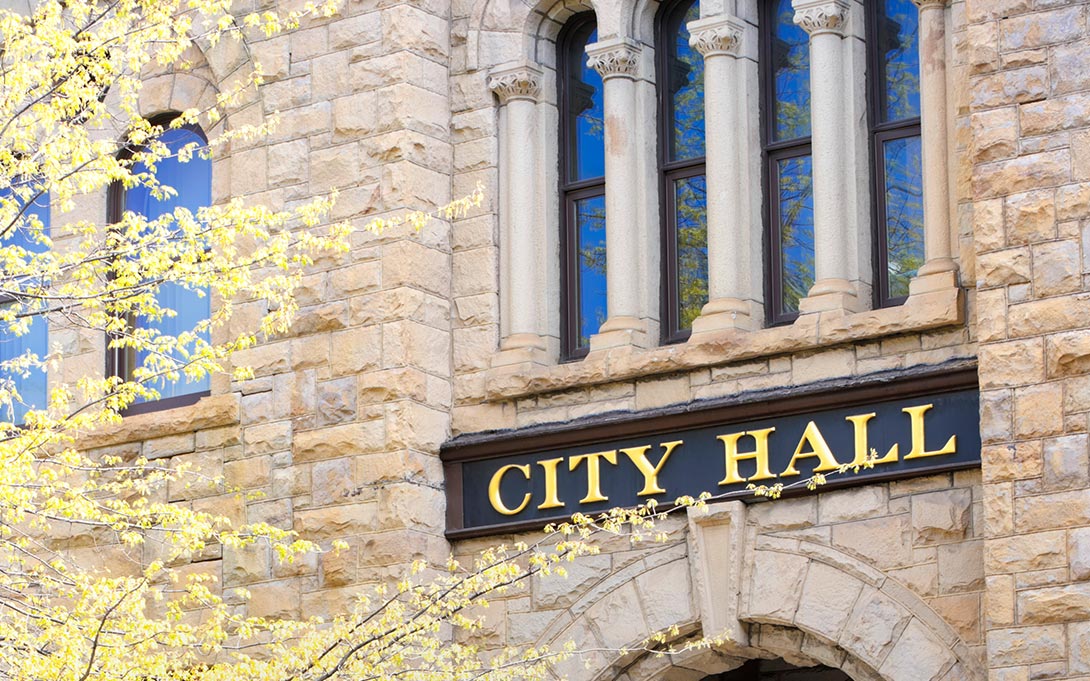
Democracy in the United States and across the globe has been in decline for years, as documented with rigorous tracking methodologies. Freedom House has tracked declines in civil liberties and political rights in the U.S., for example. And the Democracy Index, compiled by the Economist Intelligence Unit, sees declines across many of the 60 indicators it tracks, and no longer identifies the U.S. as a full democracy, but now a flawed one.
With due respect to the importance of high-quality data, our democratic decline has progressed to a stage we can see with our own eyes. From the January 6 insurrection to prevent the peaceful transfer of power, to a planned kidnapping of Michigan Gov. Gretchen Whitmer, to public hostility unleashed on local officials across the country, our democracy is now visibly in a time of extraordinary uncertainty and danger.
With due respect to the importance of high-quality data, our democratic decline has progressed to a stage we can see with our own eyes.
Tom Ivacko
Recent public opinion polls bear that out: a New York Times/ Sienna College survey in October found that 71 percent of Americans believe our democracy is at risk (although just seven percent say it is the most important problem facing the country. Have you seen the price of gas?)
While the national turmoil has become increasingly obvious, the functioning of democracy at the local level is less clear. That’s where the Ford School’s Center for Local, State, and Urban Policy (CLOSUP) comes in. We’ve been tracking assessments across a range of factors through our Michigan Public Policy Survey—a regular ‘pulse’ on the state’s local government leaders.
The data paint a mixed picture, providing reasons for both concern and hope.
On one hand, over half of Michigan local governments report their personnel have been subject to public harassment, abuse, and even some forms of violence (including property damage) over the last few years. The stories on the evening news about angry residents haranguing local officials are confirmed: that’s a real issue playing out in all types of Michigan communities, large and small, urban and rural. And local leaders say this abuse is harming communities, making people less likely to work or volunteer for the local government.
On the other hand, local leaders report that civic discourse on local issues in their communities and local democratic relationships themselves continue to be healthy, overall. The angry public harassing local officials appears to be a vocal minority, while most residents keep calm and carry on.
Seventy percent say discourse among local elected officials is constructive and 84 percent rate their relationships as good or excellent. Meanwhile, two-thirds say discourse between officials and residents is constructive and 82 percent say these relationships are positive.
While local leaders are less optimistic about discourse and relationships among their jurisdictions’ residents themselves, 42 percent rate the discourse as constructive, which is actually up from 35 percent a year ago, and 30 percent in 2012. Meanwhile, 65 percent rate their residents’ relationships with each other as good or excellent, also up from 60 percent in 2021.
As a purple state, Michigan is a microcosm of the nation. And while Michigan’s local leaders do express concern that the hostile environment of national partisan politics is harming local relationships, they continue to report democratic strength and resilience at the grassroots. CLOSUP will continue tracking these issues in the years to come.
The message for now, reinforced on November 8 with a third straight national election featuring heavy voter turnout: there is still time to fix our democracy, and there appears to be a strong foundation at the local level on which to build.
By Tom Ivacko (MPA ’93), former executive director, Center for Local, State, and Urban Policy
More in State & Hill
Below, find the full, formatted fall 2022 edition of State & Hill. Click here to return to the fall 2022 S&H homepage.
